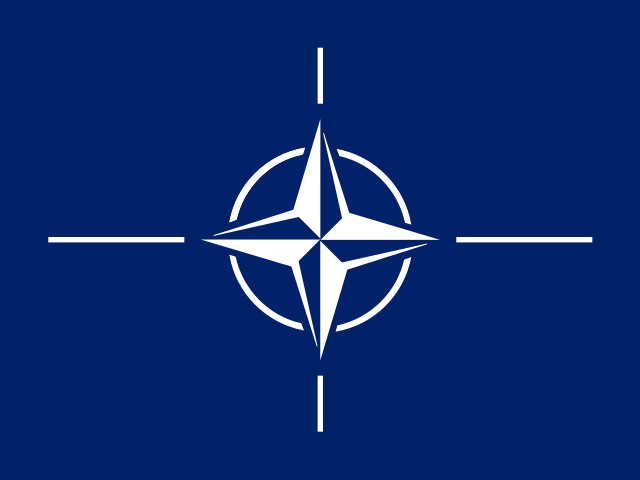
Summer 2022 NATO and G7 Climate Security Developments
Last week, both the NATO and G7 summits demonstrated increasing global collaboration in the face of Russia’s war in Ukraine. Several key NATO initiatives have drawn widespread public attention, including membership invitations for Finland and Sweden. There were also developments on enhancing cyber resilience, defense, and financial support for Ukraine, but the summits ultimately put climate security front and center.
On day one of the NATO summit, the Alliance held its first-ever High-Level Dialogue on Climate Security. The summit announced the publication of the Climate Change & Security Impact Assessment, which recognized that climate change is an “overarching challenge of our time” that will “measurably” increase the risks to the national security NATO members and partners, and that these risks will “worsen as the world warms further.” The assessment acknowledges that NATO allies will not only have to contend with traditional military threats, each will have to continue with complex, compounding climate challenges both at home and abroad. NATO also released its new Strategic Concept which further acknowledged climate change as a key threat multiplier and labelled it “the defining challenge of our time.” The Alliance further stated goals to cut its greenhouse gas emissions by at least 45% by 2030 and be carbon neutral by 2050. Similarly, the Biden administration highlighted its intent to continue working with its NATO allies to “promote best practices for reducing energy demand in military procurement.”
Meanwhile, G7 leaders acted on a previous announcement from the 2021 summit to develop and establish the Partnership for Global Infrastructure and Investment (PGII). This flagship initiative aims to develop and deliver infrastructure support and sponsor projects in low- and middle-income countries, ultimately supporting the both U.S. and other G7 economic and national security interests. According to the Biden administration, the PGII includes tackling the “climate crisis and bolstering global energy security” by investing in a broad range of initiatives. Other key initiatives associated with PGII include enhancing information and communications technology networks and infrastructure, advancing gender equality and equity, and developing and upgrading health system infrastructure.
G7 representatives also committed to establishing “Climate Club” by the end of 2022 which will be built around ambitious climate change mitigation policies, transforming industries to accelerate decarbonization, and boosting international partnerships and cooperation on climate action and a just energy transition.
The climate security initiatives and strategies adopted by NATO and G7 indicate the growing significance of the need to address climate change and the recognition of the multi-faceted threats that climate change poses to the U.S. and its allies. These developments also come at an apt time, especially when they are placed against a backdrop of a global food crisis, in addition to concerns of global supply chains being disrupted by Russia’s war in Ukraine and the global COVID-19 pandemic.





